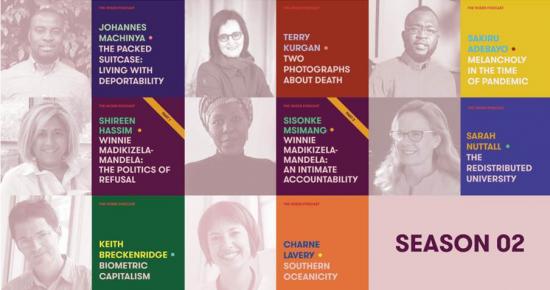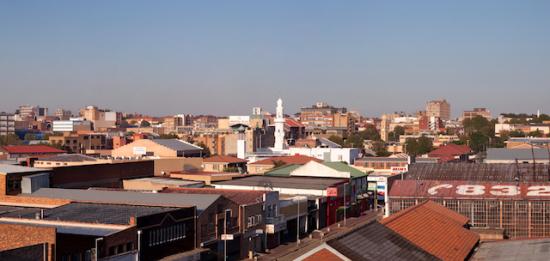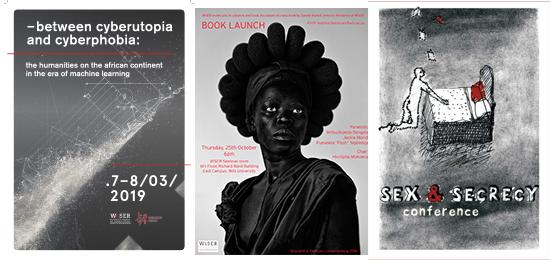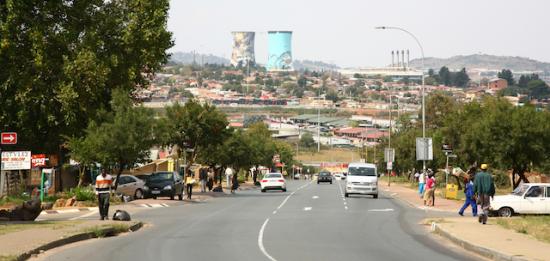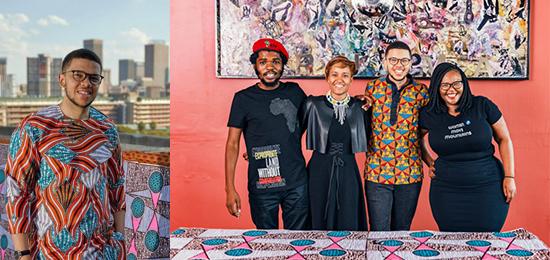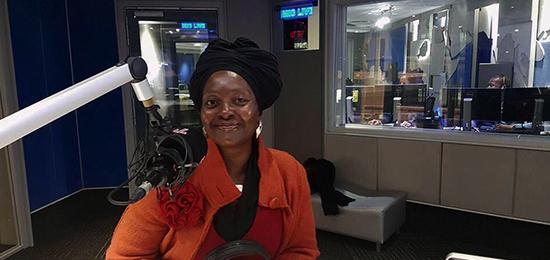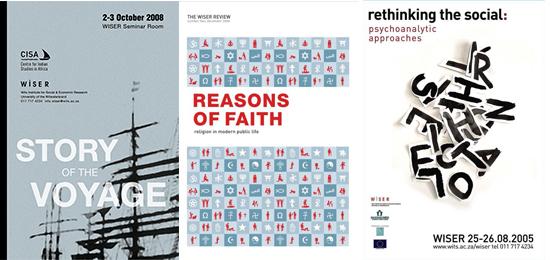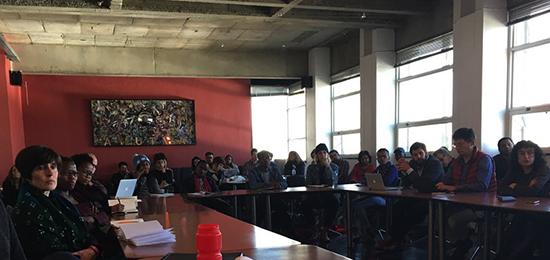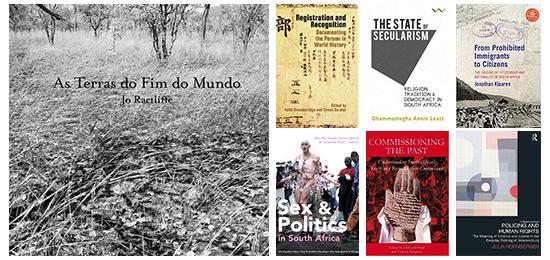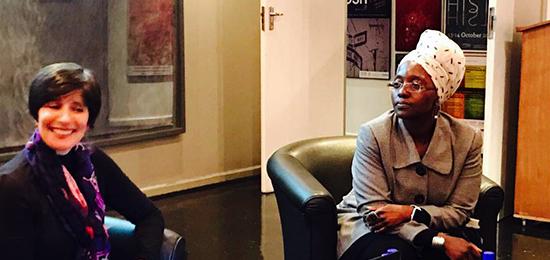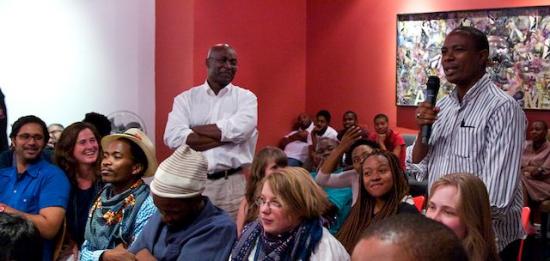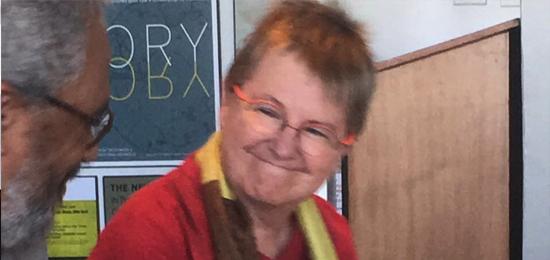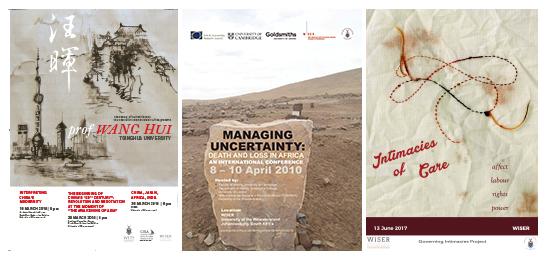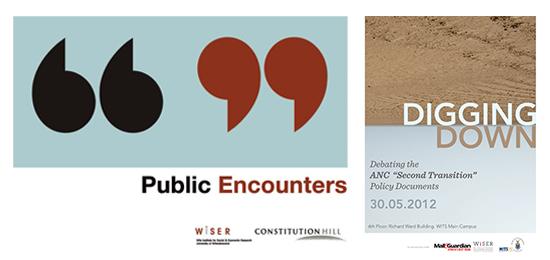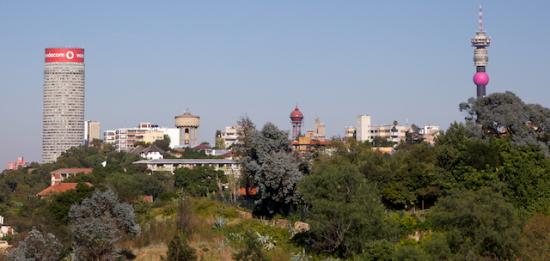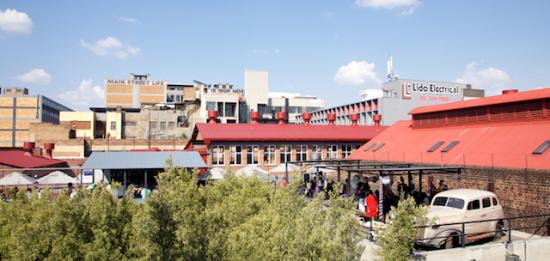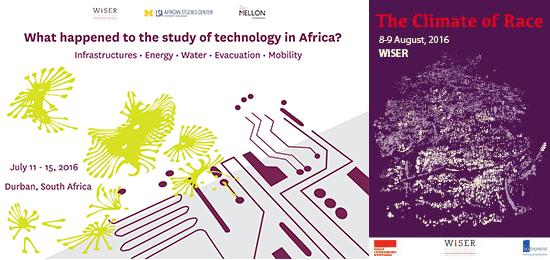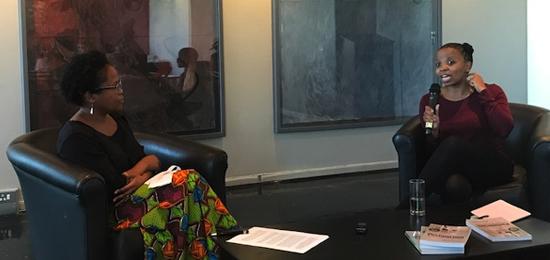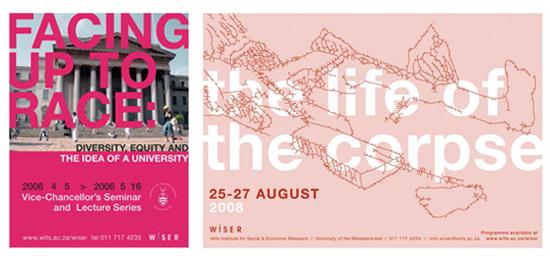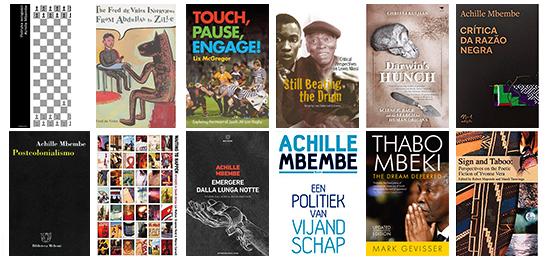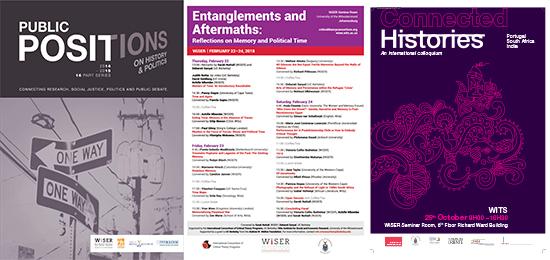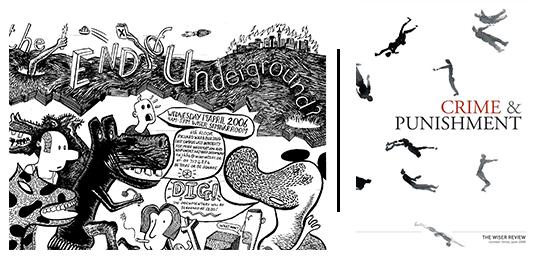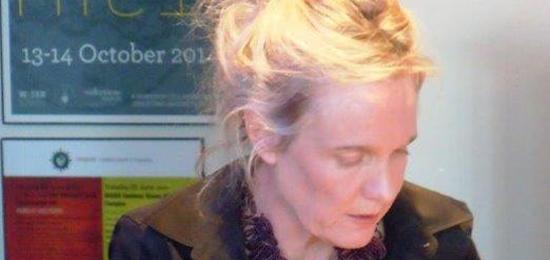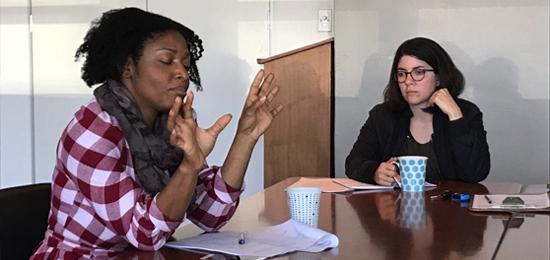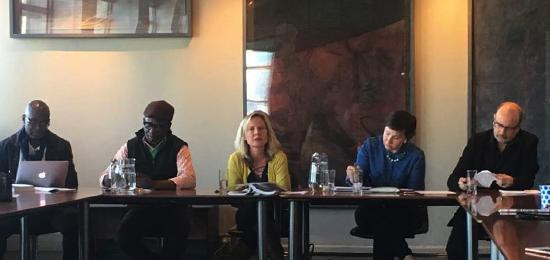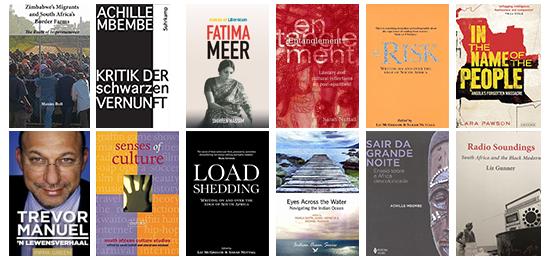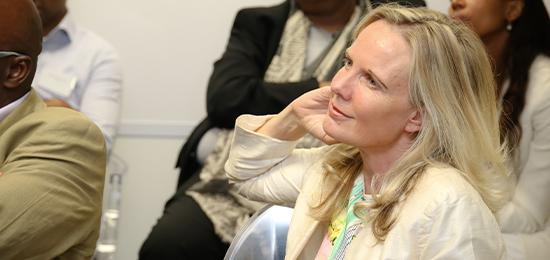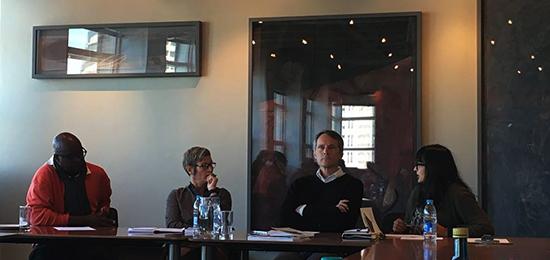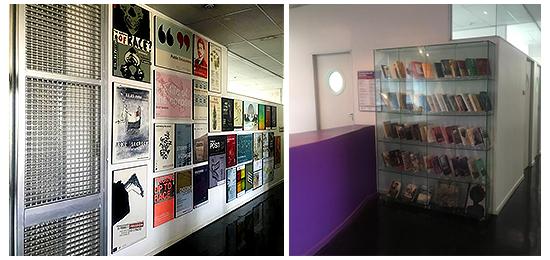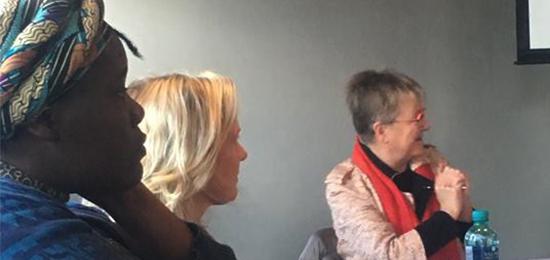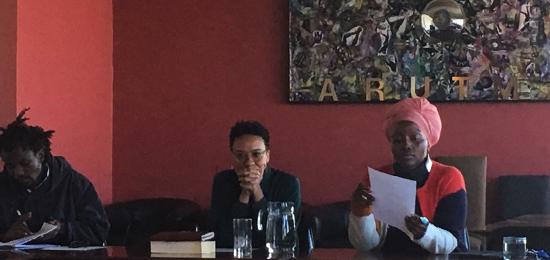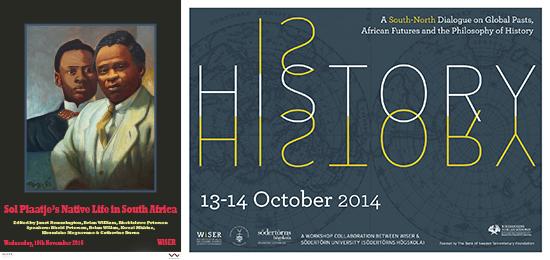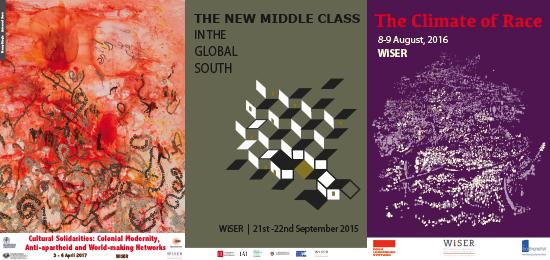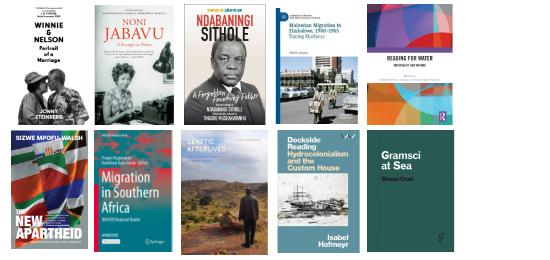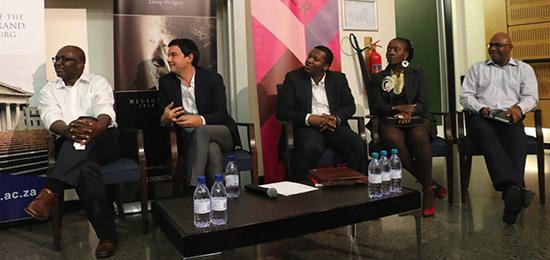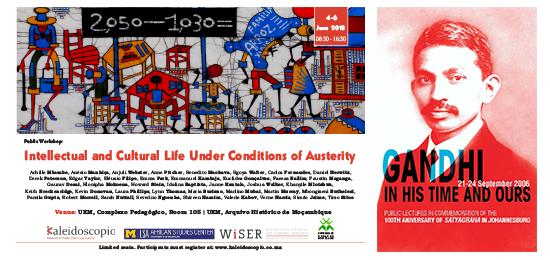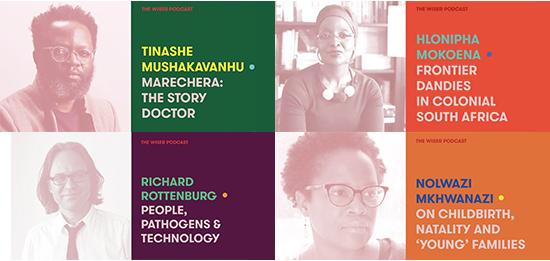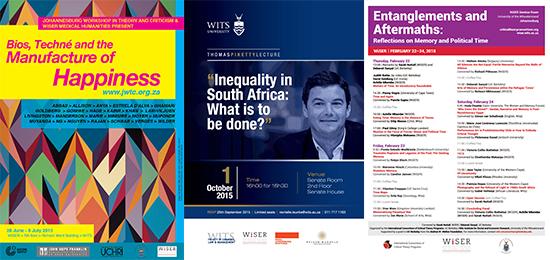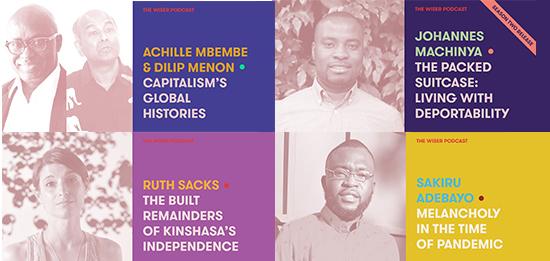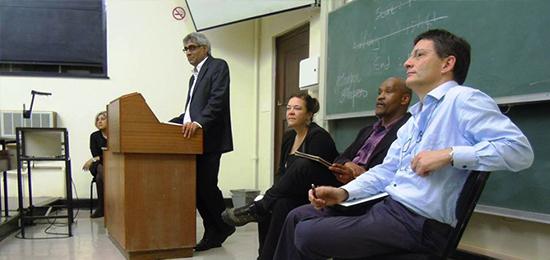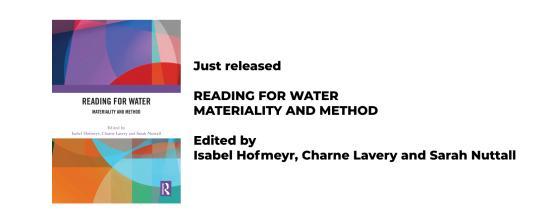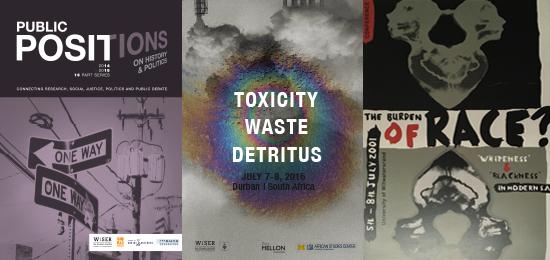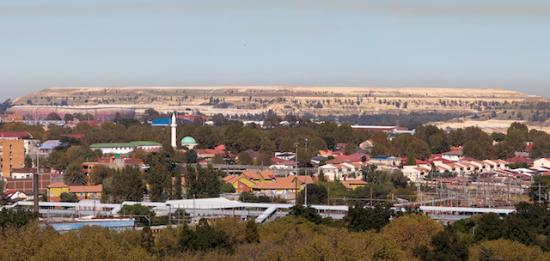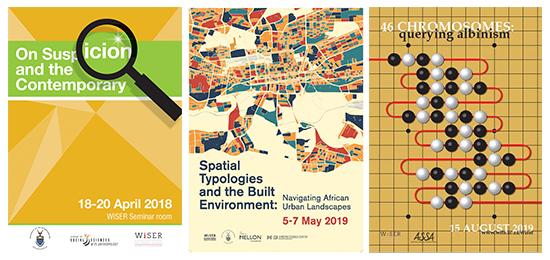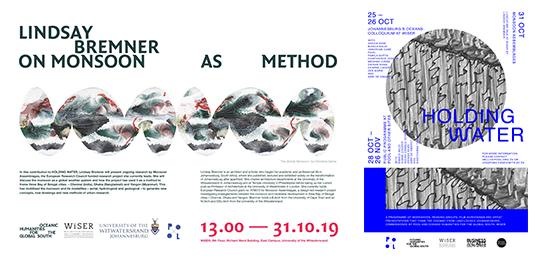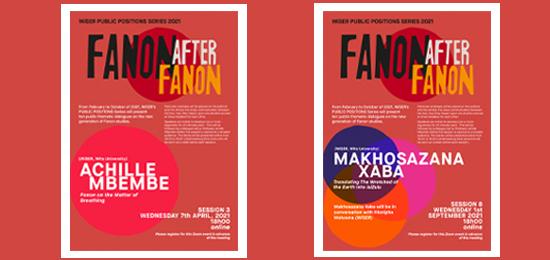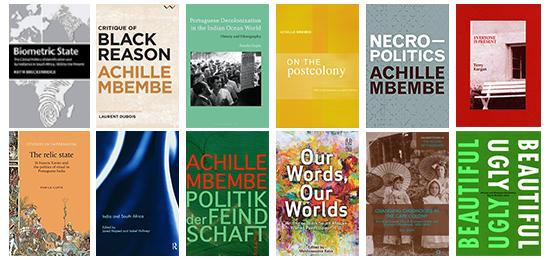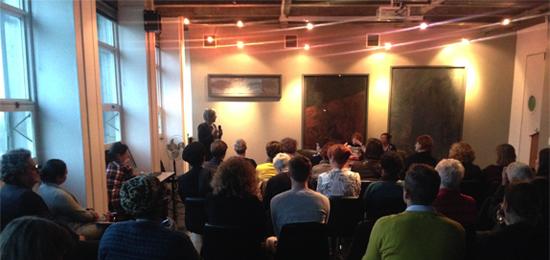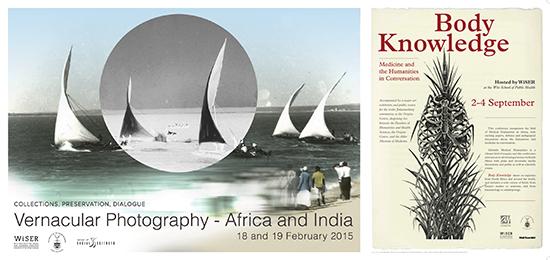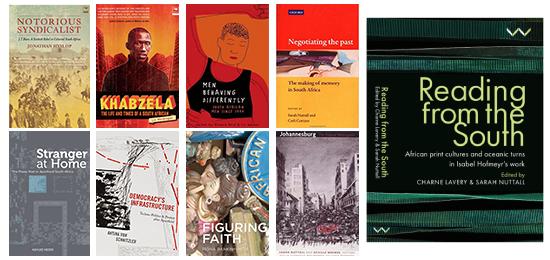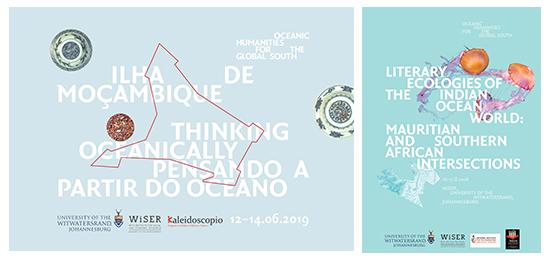African Digital Competition Research Working Papers & Webinars
This Omidyar-funded research initiative ran from mid-2021 to May 2022 and explored the political and legal landscape surrounding the enforcement of competition (antitrust) laws on the African continent in the digital age. It also investigated strategic options/tactics to address anticompetitive conduct and conduct violating the right to privacy by tech platforms, including the potential for litigation, public awareness, law reform, and campaigns regarding responsible technology. This page documents that project and disseminates its yet-available research. A section at the bottom of this page is updated to present some current developments.
The working assumption of the research was that, while different countries vary on the African continent, there are currently more regulatory resources to respond in a competition paradigm than in regime based on the human right of privacy.
The project aimed to investigate whether competition authorities possess greater capabilities than data protection authorities and technology/media/telecommunications regulators and, if so, the implications on the regulatory environment.
The project thus intended to increase the knowledge base available to educate the public and policy makers on a realistic African regulatory response to the rise of big tech platforms.
Specific research questions included:
What laws do countries in Africa need to write for the digital economy as they relate to tech companies and platforms and what issues are being (and likely will be) contested between tech companies beyond data protection and privacy?
Are competition officials and corporate lawyers identifying a set of legal issues emerging that go beyond competition and privacy? For instance, in the field of fintech, for each African policy how its specific economic history and placement on the shift from paper-based registration to biometric identification systems shape that nation’s current regulatory regime, influences the digitalization of formal banking credit, and sets the possibilities of responding to the digital economy?
In the area of “free” platforms, have the doctrines of responsible technology and corporate social responsibility been respected in the African context?
To what extent are African data protection agencies aware of, interested in, and engaging with issues such as fintech, “free” platforms, e-commerce, and misinformation from social media?
Implementation:
The project was implemented through a three-unit two-university collaboration at WiSER, at the Mandela Institute, and at CCRED (University of Johannesburg).
To a significant extent, the research project drew upon the operation of a recent market inquiry established by the Competition Commission of South Africa (CCSA), the Online Intermediation Platforms Market Inquiry (OIPMI). More information about that market inquiry is available here.
The OIPMI webpage above contains links to several sets of submissions and comments made by interested parties (generally corporations but also some NGOs or policy centres) to the Inquiry. These submissions contain much useful information; sometimes the submission contains commercially confidential information and in such cases the confidential portions are redacted from the versions of the submissions made available by the OIPMI on its webpage.
The CCSA was livestreaming and recording/making available the public hearings of the market inquiry on its you tube channel here.
Soon after the conclusion of the project, the OIPMI in July 2022 published a provisional summary report, which is available here.
The Commission welcomed submissions on its provisional summary report by 31 August 2022.
Four contributors to this research made a submission to the Inquiry in their individual capacities on 31 August 2022.
Webinars
The research project held three webinars in April 2022:
On 12 April 2022, we held a public webinar on fintech regulation (hosted by the Mandela Institute at the Wits School of Law): fintech regulation invitation flyer.
On 19 April 2022, we held a public webinar on platform regulation (also hosted by the Mandela Institute): platform regulation invitation flyer.
The third webinar was a closed research research discussion on Nigerian biometrics; it was held on 14 April 2022 and was organized by Jonathan Klaaren and Keith Breckenridge.
Written Contributions
In addition to the numerous contributions made by participants in the webinars, ten participants authored specific written contributions on the themes of this research project.
Several of these written contributions are currently available:
Fola Adeleke, Microcredit and Fintech: are consumer rights and data protection sufficient?, here.
Alexander Beyleveld, Current Developments and Issues in the Field of African FinTech: Digital Trade Customs Moratoriums and Digital Services Taxes, here.
Kim Dancey, Privacy is Core to the Development of Central Bank Currencies, here.
Harry Dugmore, Learning from the Australian Competition and Consumer Commission's (ACCC) and the Australiam government's approach to reducing the harmful impact of global digital platform power on local economies and local news ecosystems, here
Rachel Achieng Odhiambo and Isaac Rutenberg, Reconsidering Competition and Privacy Overlaps in Kenya, here
Paul Plantinga, Industrial policy and competition in the digital economy: Government legitimacy and capabilities, here.
Brian Ray, Competition and Privacy: Tension and Synergies, here.
Gabriella Razzano, African data dimensions for the Competition Commission, here.
The written contributions also included:
Wendy Trott and Michael Power 'Competition in the Digital Economy and the Sustainability of Journalism: A Modern Dilemma'; Hlengiwe Shelembe, Mukelani Dimba, and Alison Tilley 'The Role of the Information Regulator on Big Tech and Social Media Company Regulation'; and Roba Adano and Ninette Mwarania 'Competition Enforcement at the Intersection of Consumer Protection and Privacy Law in Kenya'
Working Papers
One completed working paper -- 'Towards an African Paradigm of Regulating Big Tech' (August 2022) -- works towards the appropriate paradigm for African regulation of big tech. Authored by Firoz Cachalia and Jonathan Klaaren, this working paper draws from the above webinar discussions as well as several of the written contributions: available here.
A second working paper focuses on fintech in Africa. Authored by Jonathan Klaaren and Keith Breckenridge, 'Two Perspectives on the Field of African FinTech' (March 2022) outlines an economic history and a soft technological determinism view on fintech: here.
A third working paper focuses on digital platforms in the context of the OIPMI market inquiry. Jonathan Klaaren, Karissa Moothoo Padayachie, and Thando Vilakazi are currently finalizing and writing up this working paper for publication, working also with Thlalefang Moeletsi.
Current Developments (last as of 25 March 2023)
The Inquiry's final report was originally due in November 2022, was extended twice, and is now due on 18 April 2023.
The Inquiry published for comment a February 2023 Recommendation on the exercise of the Commission's s 78 regulation-making powers, as a way forward from the Inquiry.
A 22 March 2023 brief presentation on competition and digital markets is available (in a pdf version, w/o working links) here.

